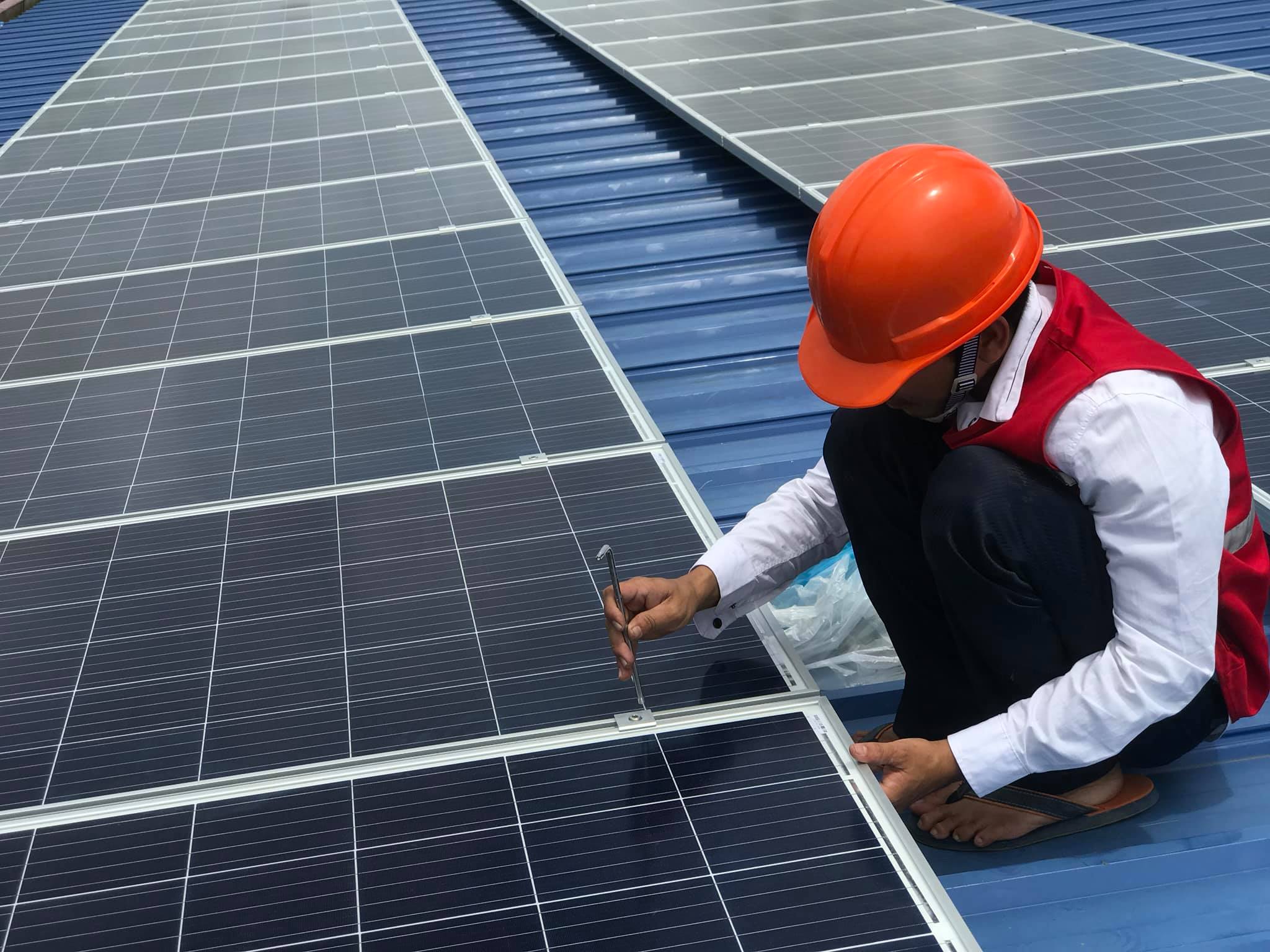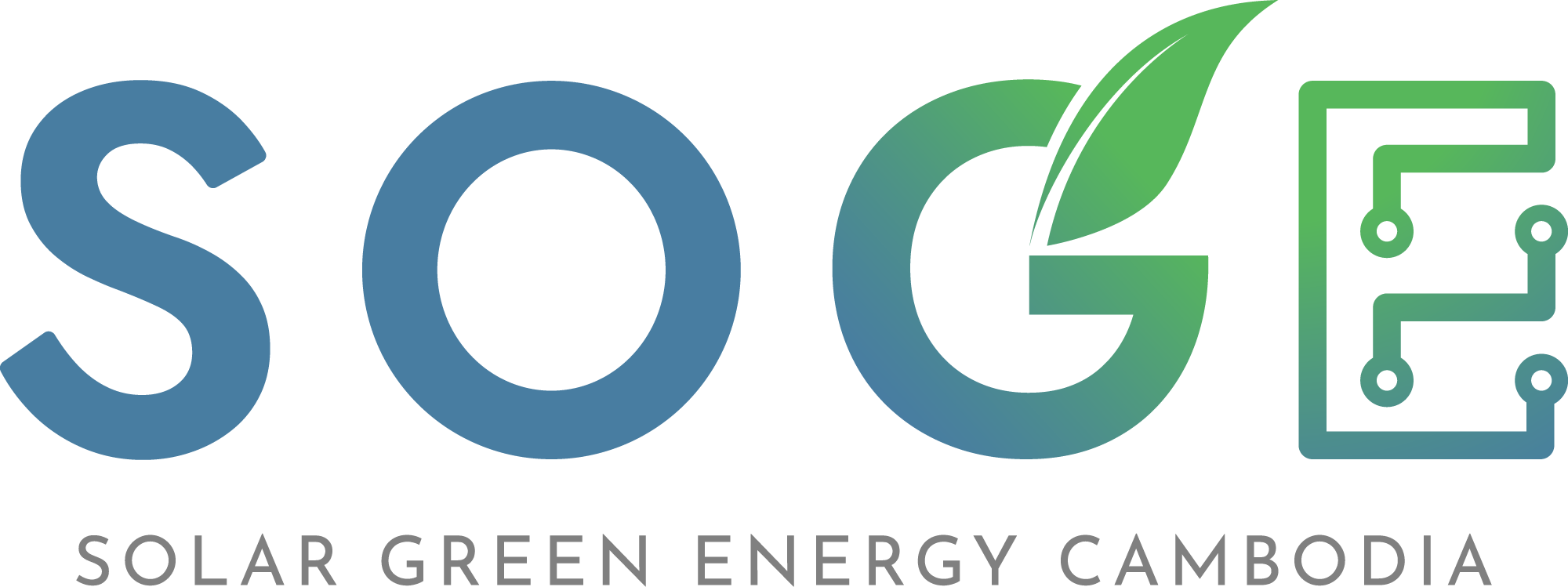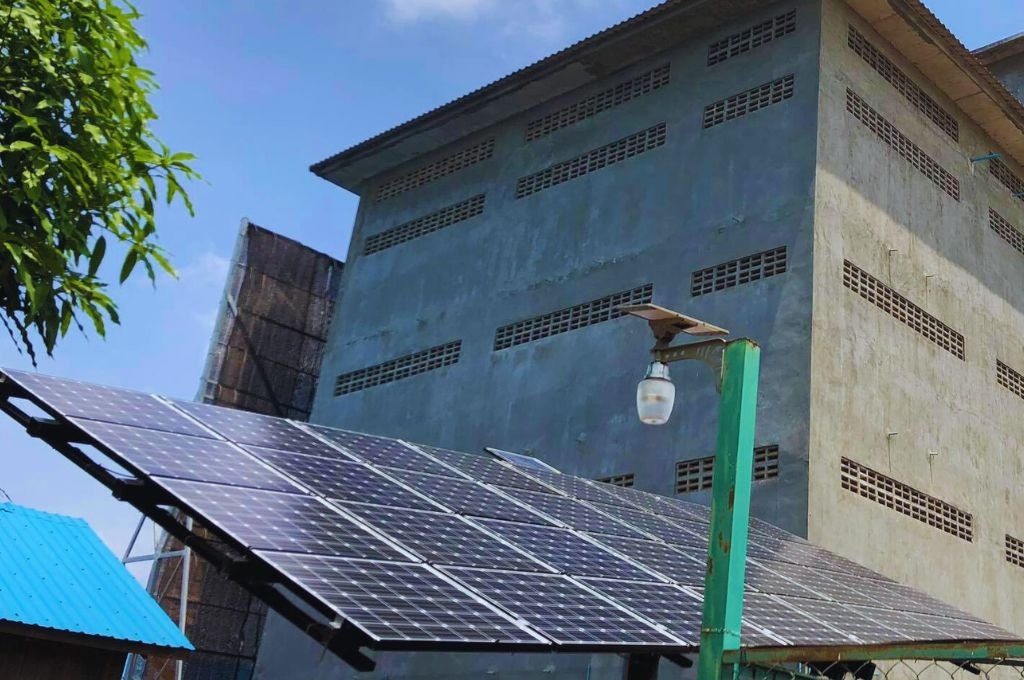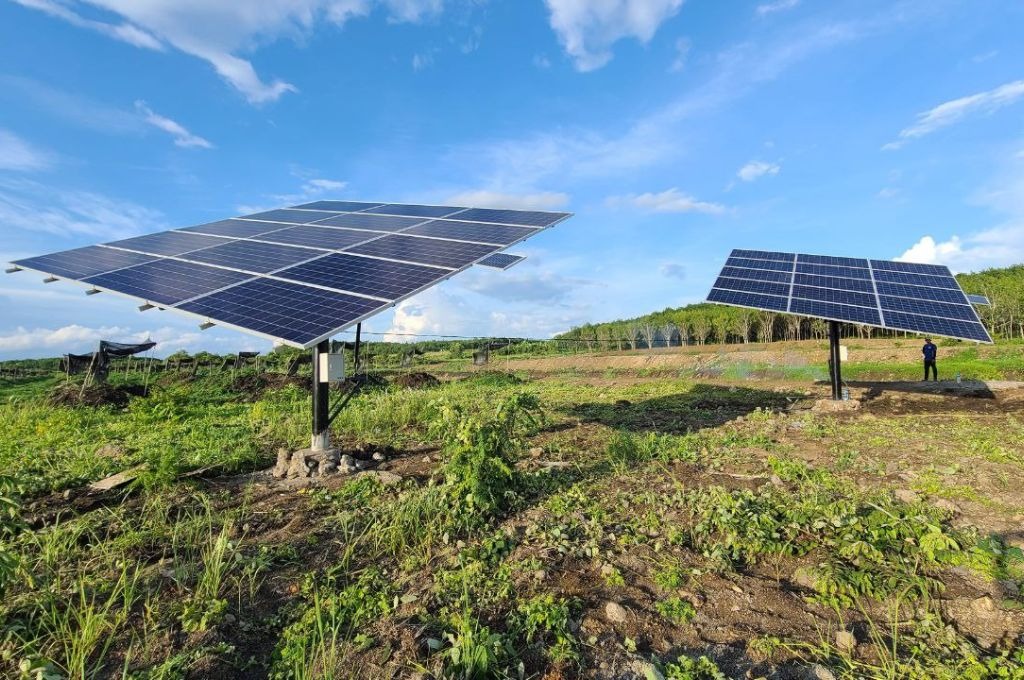SOLAR HYBRID SYSTEM
- Home|
- SOLAR HYBRID SYSTEM

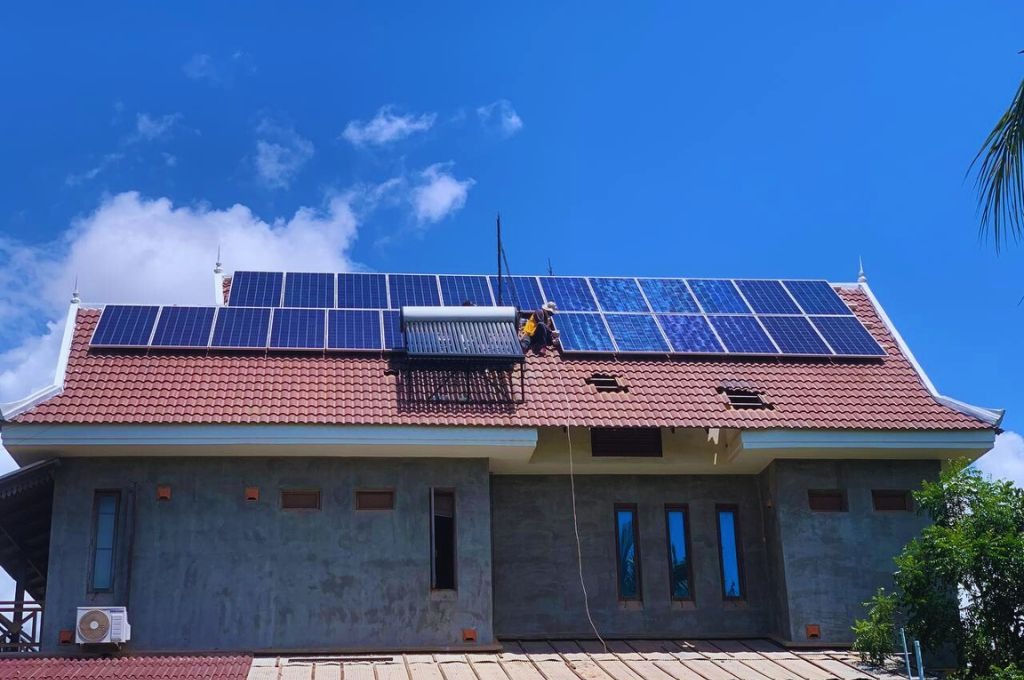

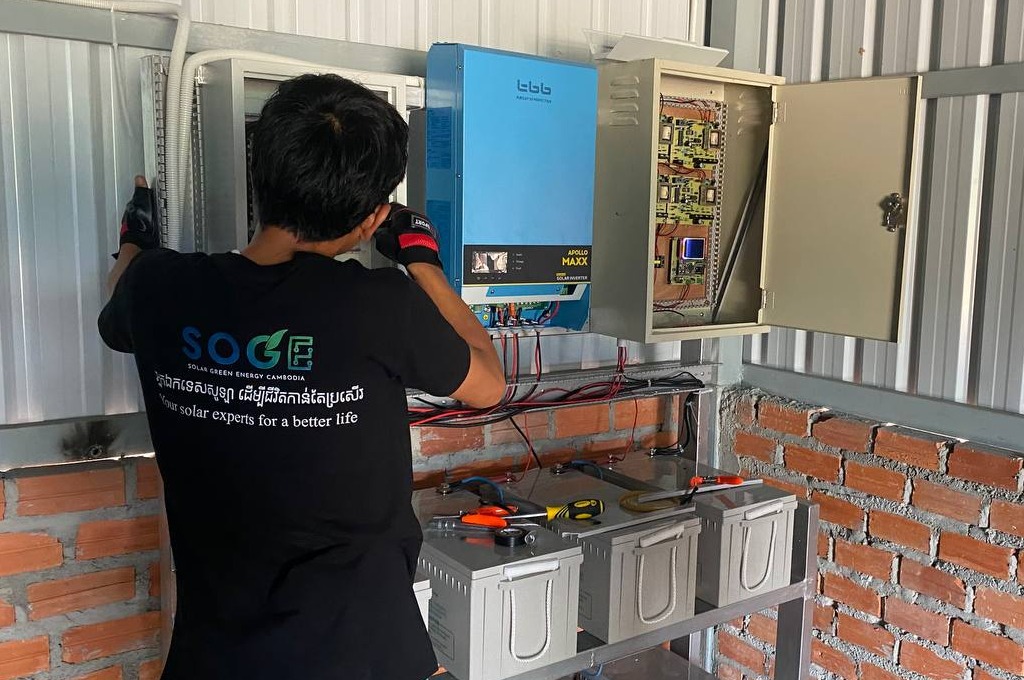



Solar Hybrid System
Solar hybrid system is designed for installation in areas connected to the national grid. Its purpose is to reduce monthly electricity costs and provide backup power during outages.
The system works
Solar panels convert sunlight into electricity, which is sent to the inverter, stored in batteries, and transformed into alternating current (AC) for use. This system allows you to prioritize your energy source:
-
If DC power (solar and battery) is prioritized: the inverter draws energy from solar panels and batteries, converts it to AC, and supplies it to the devices. Any extra solar energy is used to charge the batteries.
-
If AC grid power (EDC) is prioritized: solar energy charges the batteries up to a set level. The remaining solar power is converted to AC and combined with grid power to supply energy jointly.
-
If the grid (EDC) is unavailable: the inverter switches to off-grid mode and delivers power only through the backup outlet (Output 1).
.jpg)
System Components
Solar Panels: Convert sunlight into DC electricity.
Hybrid Inverter: Manages energy flow and converts DC to AC.
Batteries: Store excess solar energy for later use.
Charge Controller: Regulates the charging and discharging of batteries (often integrated into the hybrid inverter).
Grid Connection: Provides access to the national power grid for backup power and energy export.
Benefits
Reliability: Ensures a continuous power supply even during grid outages.
Flexibility: Can switch between solar, battery, and grid power as needed.
Environmental Impact: Reduces carbon footprint by utilizing renewable solar energy.
Scalability: Can be easily expanded by adding more solar panels or batteries to meet increasing energy demands.
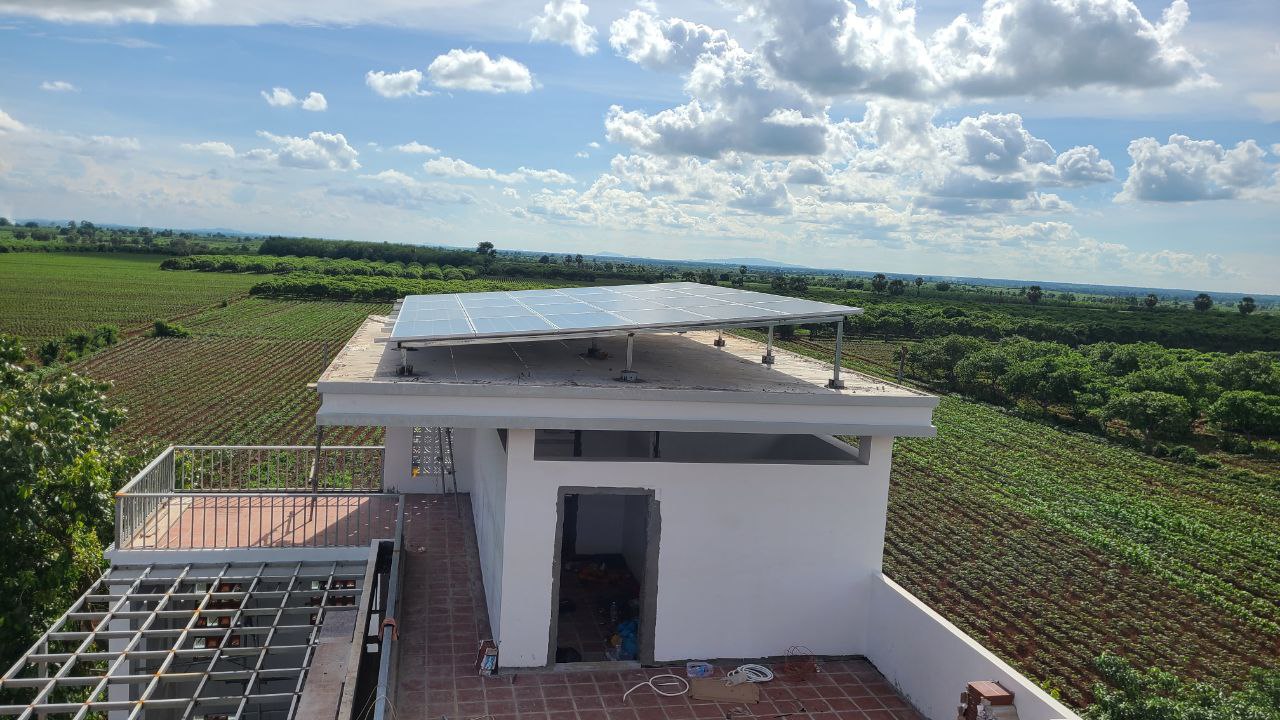
Installation Considerations
Location: Solar panels should be installed in an area with maximum sun exposure.
System Size: The size of the system should match your energy consumption and available space.
Battery Capacity: Choose batteries with sufficient capacity to store the required amount of energy.
Maintenance: Regular maintenance is essential to ensure optimal system performance.
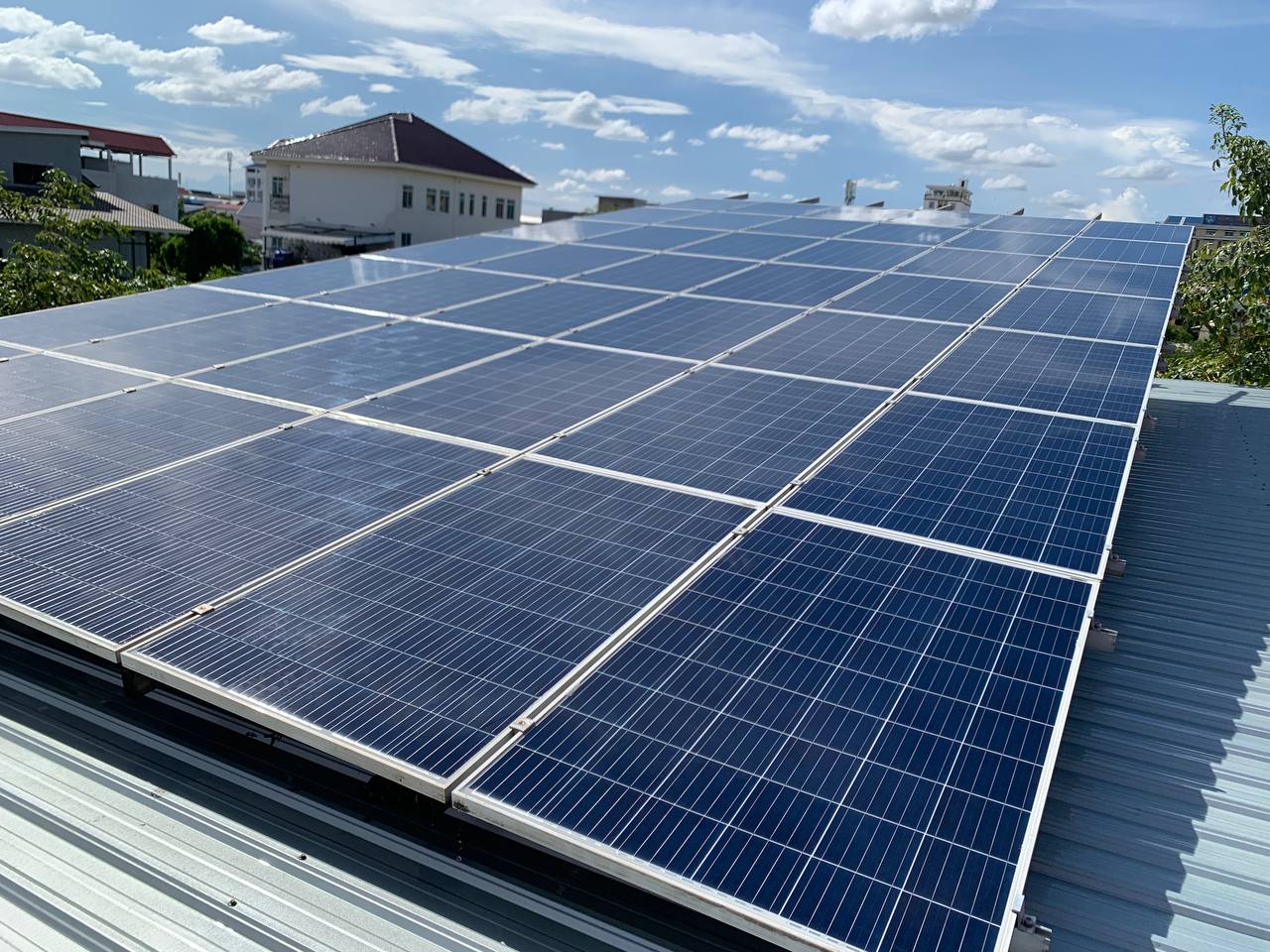
Applications
Residential Homes: Provides reliable and cost-effective power for households.
Businesses: Ensures uninterrupted power supply for critical operations.
Remote Areas: Ideal for locations with unreliable or no grid access.
Emergency Backup: Provides backup power for hospitals, data centers, and other critical infrastructure.
